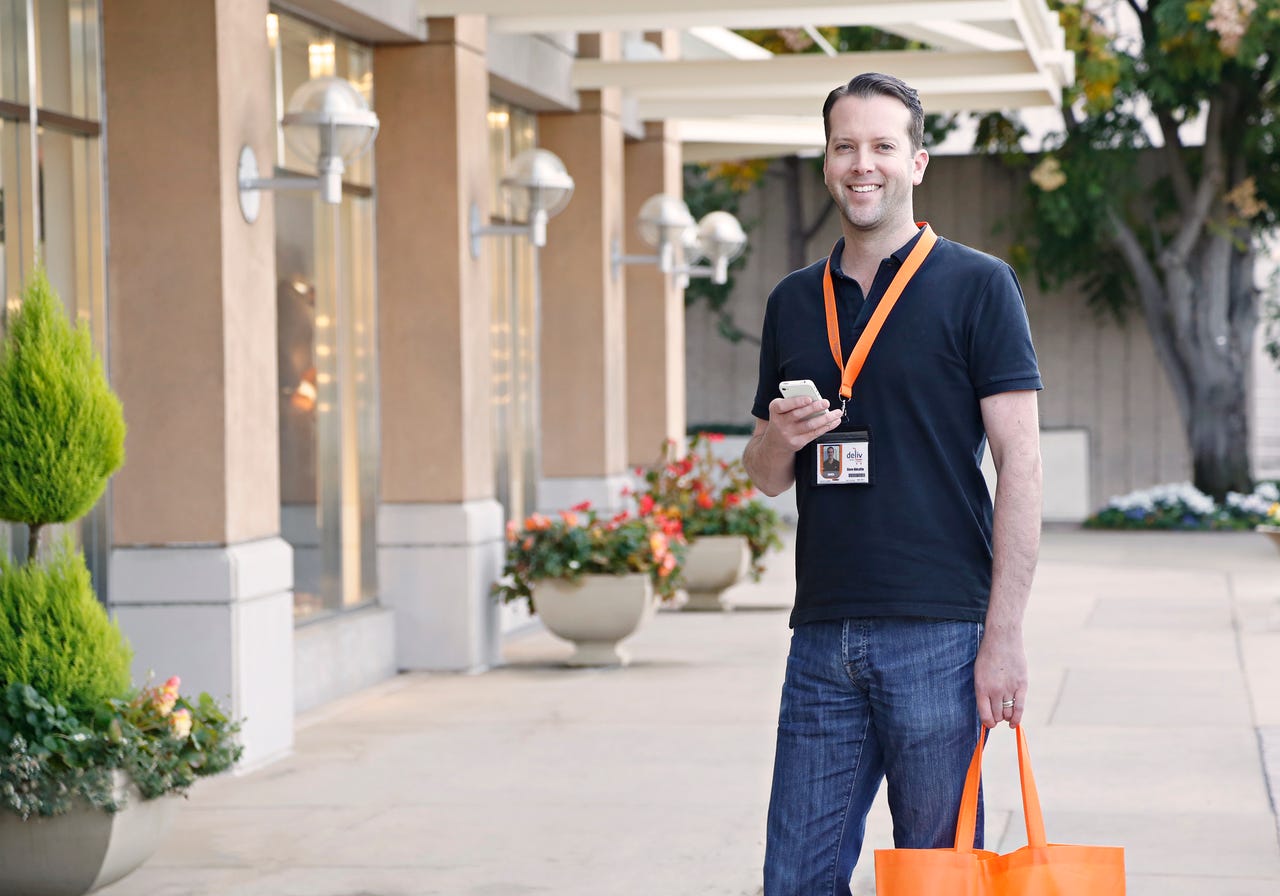UPS backs same-day delivery startup Deliv in $28 million funding round


Same-day delivery startup Deliv has closed a $28 million Series B round of financing led by none other than shipping giant UPS.
Deliv is described as an asset-free logistics network, meaning it doesn't sell anything via a marketplace. Instead, Deliv offers its crowdsourced drivers to retailers and e-commerce companies to make last-mile deliveries.
For UPS, the investment will allow the company to peak behind the curtain at Deliv's operations. UPS will also gain a seat on Deliv's board as a result of the deal.
Featured
"Our Strategic Enterprise Fund continues to invest in companies that have innovative business models, and we look forward to gaining further insights into the market dynamics of same-day delivery," said Alan Gershenhorn, EVP and chief commercial officer for UPS, in prepared remarks.
Deliv's existing investors including Upfront Ventures, RPM Ventures, PivotNorth Capital, General Growth Properties, The Macerich Company, Simon Venture Group, Taubman Centers, and Westfield Corp. This Series B brings the four-year-old company's total funding to $40.5 million.
Competition in the delivery segment is fierce, but Deliv believes it has a business model that sets it apart from the rest. First, Deliv is solely a delivery service. Its platform plugs directly into a retailer's website, with the retailer maintaining control over the entire transaction and customer data.
Deliv claims to have delivery deals with roughly 4,000 retailers, including Kohl's, Walgreens and Macy's, as well as with Alphabet's Google Express service.
"While companies like Postmates and Uber Eats sell goods and take the customer transaction, Deliv is solely focused on providing last mile delivery services," said Deliv CEO Daphne Carmeli.
Second, Deliv provides scheduled, or time-definite delivery. According to Carmeli, this allows for more orders to be shipped out at once, which ultimately lowers costs.
"The economics of on demand, point to point delivery is much more costly, therefore marketplaces not only charge a delivery fee, but also often mark up the cost of the goods as much as 20 percent or more," Carmeli said.
Looking ahead, Deliv plans to use the funding to expand its footprint. As for whether an acquisition in the cards -- say by, you know, UPS -- Carmeli wouldn't say. But it would certainly make sense.